BLOG
Direct successor information

It is currently regulated in Portugal by Law 23/2013 of 5 March.
This process is triggered whenever one of the following situations occurs:
– When there is no agreement of all interested in sharing;
– When the Public Ministry understands that it should be done, in defense of an heir who does not have legal capacity;
If any of the last two situations referred to are at stake, the probate process is the exclusive jurisdiction of the courts. In other cases, the process can be requested, at the choice of the interested party who intends to bring it, or by agreement between all interested parties, in the judicial courts or in the notary’s offices.
After the submission of the inventory request by the parties directly interested in sharing or by the Public Ministry, the interested parties are notified to appear or be represented by a representative with special powers, at the court or notary.
At this stage, it determines whether the percentage of the inheritance that belongs to each interested party (“stakeholder shares”, as stated in the law). If applicable, it approves the inheritance liability and bids are carried out on the inventoried assets.
Once these steps are concluded, interested parties are notified to present a proposal for a sharing map, which contains the division of assets by all interested parties. Once all the maps are received, the court, or the notary, resolves the differences that exist between the various proposals and draws up the final map.
Until the distribution of the assets that make up an inheritance, its administration belongs to the Cabeça-de-casal.
The person who will occupy the position of Head of Couple is designated, as a rule, in the following order of priority:
1st spouse;
2nd executor;
3rd relatives who are legal heirs, preferring those closest in degree and those who lived with the deceased for at least one year at the time of death;
4th testamentary heirs (that is, contemplated in the will), also preferring those who lived with the deceased for at least one year at the time of death.
Other things being equal, preference is given to the eldest heir.
The assets subject to the management of the Head of the Couple are the deceased’s own assets and, if married, the couple’s common assets. As for the assets that the deceased donated while alive – and which can be taken into account in the inheritance if it is concluded that they are included in the part of the inheritance that the deceased could not dispose of (the legitimate one) -, they are administered by the person who received them .
The Head of Couple is a non-transferable and free position, but it entails some responsibilities for those who exercise it, from the outset, the duty to report annually to the heirs.
The Head-of-House may be removed from office if he practices inappropriate, reckless or lack of zeal management. This happens, for example, if you have intentionally concealed the existence of assets belonging to the inheritance; if you do not manage the assets with prudence and zeal; or reveals incompetence for the exercise of the position.
In the event of any of the aforementioned circumstances, any heir may request the removal of the Head-of-House.

